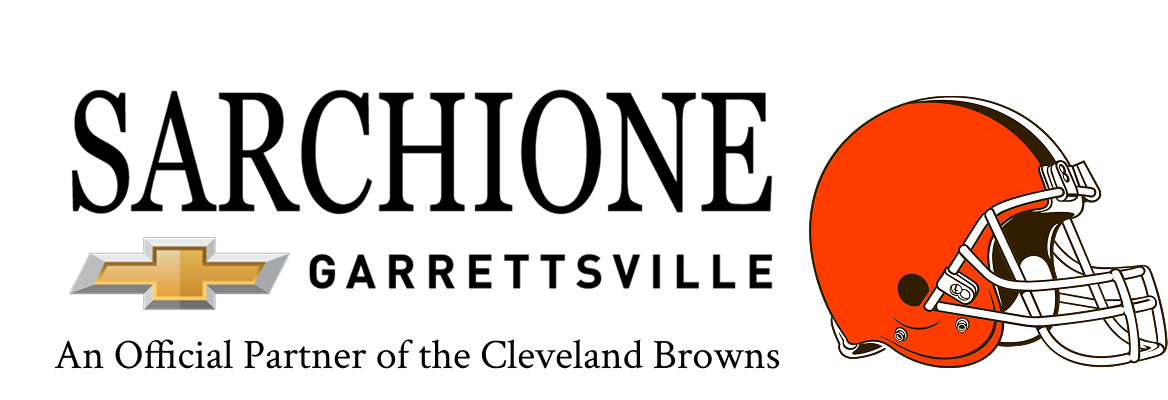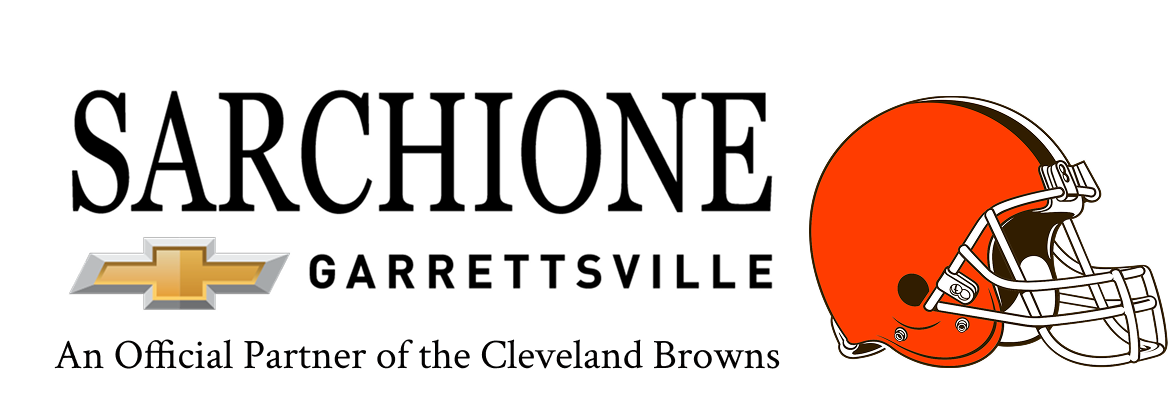If you own a Chevrolet vehicle, recognizing Chevy oil pressure issues is crucial for the longevity and performance of your vehicle. Oil pressure is key to maintaining proper engine lubrication, preventing overheating, and guaranteeing smooth engine operation.
Low or fluctuating oil pressure can signal significant problems, which, if left unaddressed, may lead to severe engine damage. In this article, we will explore how to identify and address Chevy oil pressure issues to avoid costly repairs.
What Is Oil Pressure and Why Is It Important?
Oil pressure refers to the force at which the oil circulates through the engine. The oil pump is responsible for creating this pressure. This makes sure that oil flows through critical engine components, such as the bearings, pistons, and camshaft, to reduce friction and prevent overheating. Maintaining proper oil pressure is vital for the engine’s health, as low pressure can cause components to wear prematurely or seize up altogether.
Warning Signs of Chevy Oil Pressure Issues
The first sign of a Chevy oil pressure issue is typically a warning light or gauge reading that indicates low oil pressure. If you see the oil pressure warning light appear on your dashboard, it's a clear indication that something is wrong and requires immediate attention. In addition to the warning light, fluctuations in the oil pressure gauge or inconsistent readings can also suggest an issue.
A common symptom of low oil pressure is engine noise. If your vehicle starts making loud knocking or tapping sounds, it may indicate that the oil is not properly circulating, leading to inadequate lubrication of engine components. This is especially true if the noise is more pronounced at higher RPMs.
In some cases, you may notice a decrease in engine performance. The engine may run less smoothly, misfire, or struggle to accelerate. Low oil pressure can cause poor combustion and inefficient engine function, leading to a noticeable decline in power and overall vehicle performance.
Causes of Low or Fluctuating Oil Pressure
Several factors can contribute to Chevy oil pressure issues, ranging from low oil levels to more serious internal engine problems. One of the most common causes is simply having low oil levels. If your vehicle is running low on oil, the oil pump may not be able to maintain the necessary pressure, causing the oil to flow inadequately through the engine. It’s important to regularly check your oil levels to avoid this issue.
Worn-out or damaged oil pressure sensors can also result in fluctuating or inaccurate oil pressure readings. If the sensor fails, it may give incorrect readings that suggest low or high oil pressure when the actual pressure is fine. A faulty oil pressure sensor should be replaced to restore accurate readings.
Clogged oil filters can impede oil flow, causing a drop in pressure. Over time, oil filters accumulate dirt and debris, which can obstruct the flow of oil and prevent it from circulating properly. Replacing the oil filter at regular intervals is necessary to maintain healthy oil pressure levels.
In more severe cases, issues with the oil pump itself can cause a drop in oil pressure. If the oil pump is worn out or malfunctioning, it may fail to circulate oil properly through the engine. This can lead to a significant decrease in oil pressure and, if not addressed promptly, engine damage.
Diagnosing and Addressing Chevy Oil Pressure Issues
To accurately diagnose Chevy oil pressure issues, a mechanic will typically start by performing a thorough inspection of the engine, checking the oil level and condition, and assessing the oil pressure readings with specialized equipment. If necessary, they may perform an oil change, replace the oil filter, or examine the oil pump for any signs of wear.
If the issue is related to a faulty sensor or wiring, the mechanic will also inspect the electrical system and replace any damaged components. In cases where the oil pump or internal engine components are the cause of low oil pressure, more extensive repairs may be required.
Identifying and addressing Chevy oil pressure issues is key to maintaining the health of your vehicle’s engine. Low or fluctuating oil pressure can be caused by a variety of factors, including low oil levels, a faulty oil pressure sensor, a clogged filter, or a malfunctioning oil pump.
If you notice any warning signs such as oil pressure warning lights, unusual engine noises, or poor engine performance, it’s important to consult with mechanics at a Chevy service center. Timely intervention can prevent further damage and extend the lifespan of your Chevrolet’s engine.


